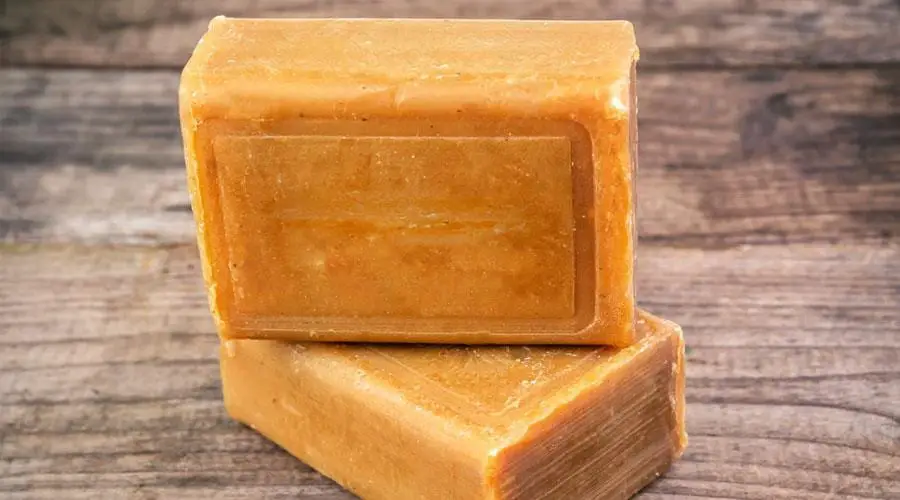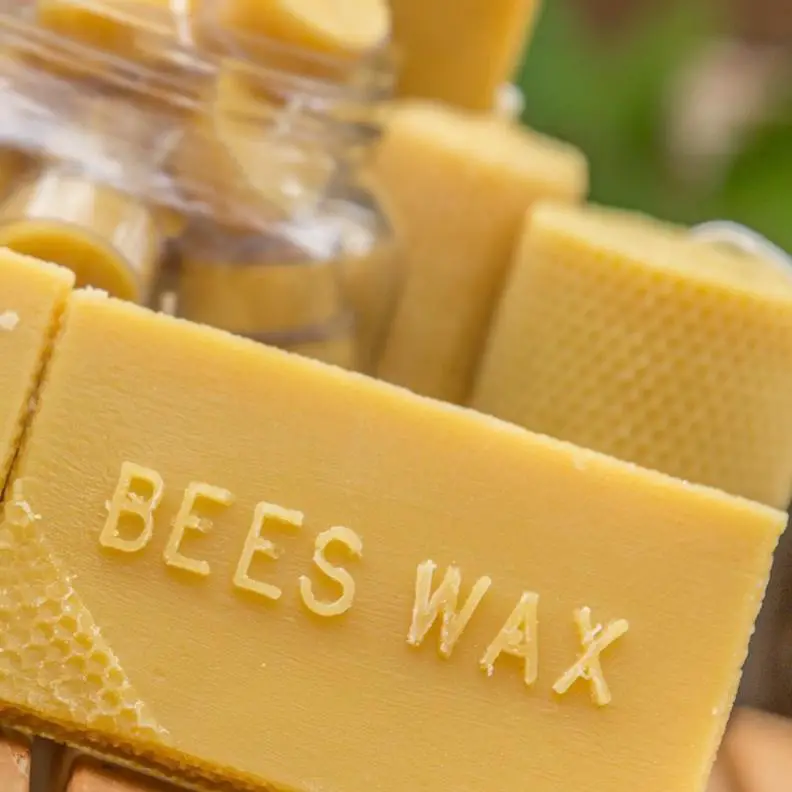
History Bits
How hygienic are humans? History shows that we are a product of developments in being clean and healthy, for as far as our ancestors are concerned, bathing and washing hands is not a primary task due to the scarcity of clean water by then.
Water was mainly prioritized for cooking or maybe bathing the royals. If you lived near the river, you are blessed enough to behold your source of survival—a rich person amongst paupers and peasants. Nowadays, water and soap are integral parts of our everyday lives, and with it, we may be kept off from germs and diseases.
Soap discovery stretches back from around 2000 BC by the Babylonians. The recipes for soap discovered on Sumerian clay tablets were a significant discovery made known to humans that we are never unhygienic. We were only out of great resources to start from. The resourcefulness and initiative of the Babylonians were unknown for long, and interestingly, soaps were only made known to Europeans in 901-1000 AD, during the 10th Century.
Earliest Soaps
It is a relief to know that our ancestors were not ignorant regarding soaps. You may be surprised to discover what they used for soaps back then!
Castile Soap
- This versatile soap is found as one of the very first pure and expensive soap lords, and ladies would want to flaunt to present nobility and wealth.
- Known as a “miracle soap,” this all-around cleaner and beauty product is still readily available in our market.
- It is known to be made from pure vegetable fat with no animal fats included. It is one of the cleanest soaps that many have sworn to live by.
- You’d also want to have Castile as your soap base and add the best ingredients to make a fresh and lovely soap. We recommend you get a liquid castile soap for a better mix.
Ash
- The Arabic word for ‘Alkali’ simply means ash. No wonder charcoals are known for long to be used as a natural cleaner and deodorizer.
- A close family member of Ash, known as “Activated Charcoal,” is the modern-day savior of every household for an over-all cleaning and beautification at a lower price.

There are more ancient soaps that have been used for many generations that we still have today. And if you think they can’t be used now, you will be surprised to know that these ingredients belong in the long list of organic ingredients—and they are still available in your local organic stores. Add them to your soaps now.
Know more about the earliest soaps in this informative video from Modern History TV:
Best Soap Ingredients for the Modern Man
You won’t find many organic soaps around in the market today. Usually, soap makers who run after quality, natural, and safe soaps are found in small and humble stores. The ingredients are not necessarily newly made. Instead, they can be easily found in our kitchen pantry. If you are looking for the best natural ingredients for your soap instead of synthetics, you are not mistaken to stop by here.
What are the Ingredients?
Before anything else, the main thing that makes a soap undergo the “saponification” process is by combining: Oil, Water, and Lye. These three bases will be your companion along the journey of soap making. Are you ready?
Oils or Fats
Common Oil Bases and their Effects
Remember that your oil is the determiner of the hardness and the lather of your soap. Fats or oils come from animal and plant oils. Nowadays, the latter is the widely used item for good soaps. Animal fats are not a thing of the past, though. Some still use them as they prefer and probably for a distinct flavor. Typically, these oils smell fragrant already, so crafters do not need to put some fragrances anymore. Lastly, do not use petroleum-based oils. You’re more likely to create crude than soap if you do.
- Beeswax Oil – This all-natural and organic oil hardens greatly, and it has a natural scent to it. It is what most vegetarians use for their cruelty-free soaps, from our dear Bee friends.

- Cocoa Butter – This oil provides moisture and skin protection. It is able to make your skin beautiful. As it makes you look good, it is also the best material to create a hard soap. Additionally, it offers a distinctive smell that is known as the wonderful healing butter.
- Olive Oil – Historically, olive oils were known to be smeared by the Greeks onto their bodies. They say that this glorious oil was able to clean impurities and impart blessings of health benefits, such as anti-inflammatory properties and protection from diseases and illnesses brought by age. Though not entirely true, olive oils still prove to be beneficial.
- Soybean Oil – This oil is known to condition skin as it gives a good lather.
- Shea Butter – Including this as an ingredient in your soap makes a great moisturizing soap. Its lovely peanut smell is sweet and revitalizing, providing you an instant rejuvenated feeling.
- Sweet Almond Oil – This sweet oil has an excellent cleaning and healing properties such as healing from stretch marks, sun damage, and is a promising moisturizer for your skin needs.
- Castile Soap – We have mentioned this great soap because it can be easily made available to your home. Having this in your kitchen, you’ll surely be amazed by its rejuvenating and fragrant features.
- Mango Butter – The sweet-smelling savor of this fruity butter will also surprise you as it transforms your skin to a supple, plump, and moisturized skin.
- Jojoba Oil – Jojoba is not only a fragrant oil, but it is also an antibacterial and anti-fungal soap that should be included in your soap for it to be a great soap.
- Avocado Oil – This oil shall surely improve your skin and has an ability to remove your wound scars. Its healthy oil shall make your heart and liver happy.
There are many other oils you can put in your soap, but when we say Essential Oils, these would be your fragrance. Essential Oils take great effects, even for giving it a few drops. If you also want to follow after natural and sustainable scent, go for essential oils more than using synthetic fragrance oils.
Water and other Liquids you can use
Crafters recommend distilled water to be used as a clean base for their soaps. However, many crafters incorporate materials aside from water to make their soaps rich and healthy. What are these?
- Distilled Water + Tea
- Distilled Water + Coffee
- Distilled Water + Beer / or just Beer alone
- Goat’s Milk
- Coconut Milk
If you’re a beginner, it is our friendly reminder for you to use water first.
Lye
The other term used for Lye is called Sodium Hydroxide. Lye is an acid. Most people think that without Lye, they can still make a good soap. But no. No one can make a bar of soap without this acid-base. You see, by combining Lye, oils, and water, you will undergo the saponification process. That is the only way.
When it reacts with the other ingredients, you will be satisfied to see the result. It will suddenly turn your substance from an abrasive material into a gentle and alkali cleaning material, which has a neutral PH level.
Are You Ready to Make Soaps?
There are other ingredients, numerous, to find around your pantry and other local stores that we have not included in this list. But with these ingredients we gave you, we are sure you will be able to make a quality soap. It could be for yourself or as a gift to your friends. Selling your home-made soaps is not an improbable option, too. With proper research and caution, we bid you: Happy Soap Making!

